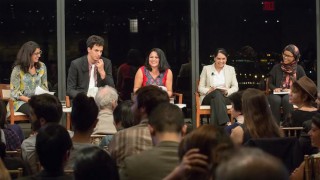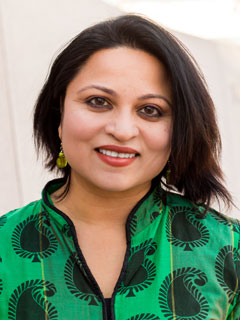
Among these is an emphasis on understanding post-9/11 anti-Muslim hysteria as a wide-reaching phenomenon that impacts different people based on perceived racial identities of Muslims. Iyer makes a few central claims about what social justice looks like and how it can progress. In a book that reframes the discussion of race in America, a brilliant young activist provides ideas from the front lines of post-9/11 America.It's been awhile since I've read a book on politics geared towards a general audience (rather than an academic one), and Deepa Iyer's We Too Sing America: South Asian, Arab, Muslim, and Sikh Immigrants Shape Our Multiracial Future (New Press, 2015) was a great way to return to the genre.ĭeepa Iyer writes from the perspective of a lawyer and activist for racial and immigrant justice, and this book offers arguments for coalitional social movements that connect efforts to combat anti-immigrant, anti-Black, and anti-Muslim laws, policies, and actions. She looks at topics including Islamophobia in the Bible Belt the "Bermuda Triangle" of anti-immigrant, anti-Muslim hysteria and the energy of new reform movements, including those of "undocumented and unafraid" youth and Black Lives Matter.

Iyer asks whether hate crimes should be considered domestic terrorism and explores the role of the state in perpetuating racism through detentions, national registration programs, police profiling, and constant surveillance. In We Too Sing America, nationally renowned activist Deepa Iyer catalogs recent racial flashpoints, from the 2012 massacre at the Sikh gurdwara in Oak Creek, Wisconsin, to the violent opposition to the Islamic Center of Murfreesboro, Tennessee, and to the Park 51 Community Center in Lower Manhattan. We may be less aware, however, of the ongoing racism directed against these groups in the past decade and a half.


Many of us can recall the targeting of South Asian, Arab, Muslim, and Sikh people in the wake of 9/11.


 0 kommentar(er)
0 kommentar(er)
